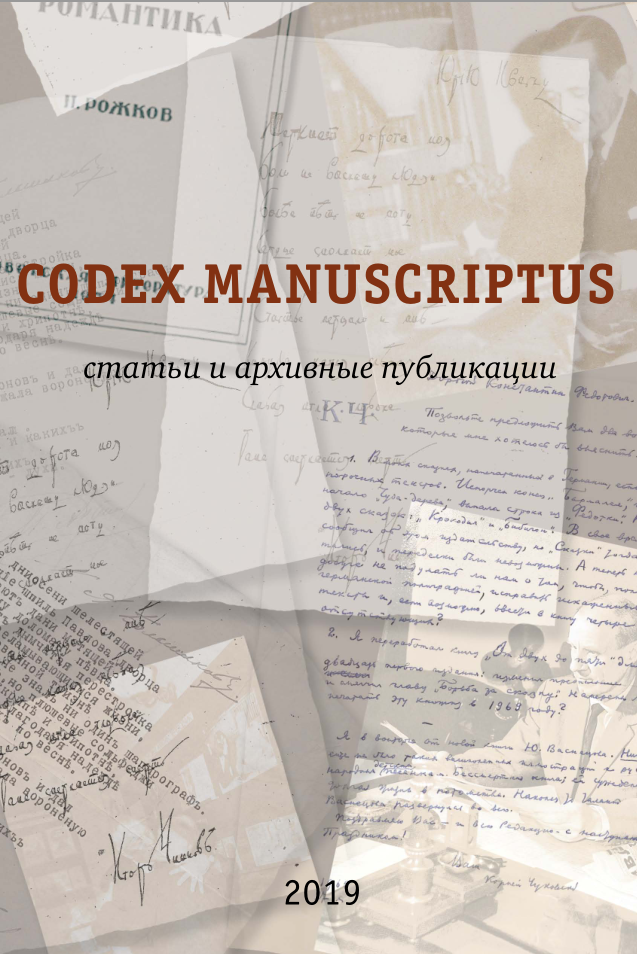Abstract:
The article addresses the problem of historical changeability of the reading skills of the fantastic. The author understands the fantastic as a mode of writing that, on the one hand, “estranges” the world of text for the reader, distances it from the primary, familiar world, and on the other, enables reader’s immersion and adaptation to the fantastic world as “real”. The process of reading fantasy is heterogenous: the reader correlates the text with the basic knowledge of reality and thus identifies the degree of fictionality of the text, and at the same time occupies the intratextual perspective and, proceeding from it, interprets the depicted events and phenomena as natural or unnatural. The “fantastic effect” produced by a fantastic text causes the semantic and ontological ambiguity of the entire text and encourages the reader to consistently decode which parts should be interpreted in the perspective of reality, and which — in the perspective of the text. The formation of this type of conventionality in its modern form is localized in the literary culture of the 19th century and is connected with the emergence of a readers’ demand for new literary representation of the unnatural. Historical transformations of the fantastic are connected with the development of readers’ skills of its interpretation and immersion in imaginary worlds of fantasy; conventionalization of genres of the fantastic in literature of the 20th century testifies to the fact that the tasks of perception that the fantastic poses to readers have become habitual.






